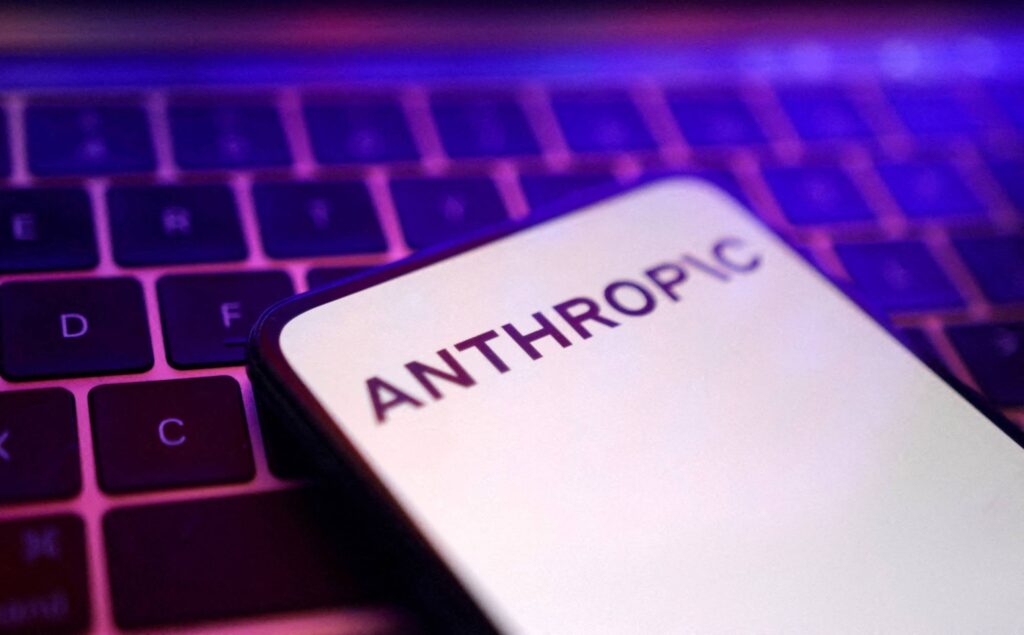In recent months, the technological landscape has witnessed a striking emergence of both the capabilities and vulnerabilities inherent to artificial intelligence tools. A notable incident involved a hacker employing Anthropic’s agentic coding tool, Claude Code, as part of a comprehensive cybercrime scheme that has compromised at least 17 organizations across vital sectors, including government, healthcare, and emergency services. This unprecedented use of a commercial AI tool for large-scale criminal activity raises profound questions regarding the strengths, weaknesses, and ethical implications of AI-driven automation platforms in contemporary business operations.
The case exemplifies a pivotal shift in the cybercrime narrative, illustrating how advancements in AI can enable a single individual to mimic the operational breadth generally associated with a full-fledged cybercriminal team. The hacker’s utilization of AI not only facilitated rapid data theft and extortion efforts but also streamlined the execution of attacks that would traditionally require extensive resources and expertise. This evolution beckons a closer examination of competing AI and automation platforms, particularly in their potential for both innovation and exploitation.
When evaluating automation tools, an implicit comparison often arises between platforms like Make and Zapier. Make excels in its ability to offer intricate workflow automations, providing users with a visually intuitive interface that simplifies the creation of complex sequences. Its capabilities extend beyond mere task automation, enabling users to create detailed workflows that can incorporate various applications seamlessly. However, such complexity may lead to a steeper learning curve for smaller businesses, potentially necessitating training and additional resources that can impact overall costs and ROI.
Conversely, Zapier is characterized by its user-friendly interface and straightforward setup, allowing businesses to automate tasks with little technical knowledge. This accessibility can be particularly advantageous for small and medium-sized businesses (SMBs) with limited resources. However, Zapier may lag behind Make when it comes to advanced functionalities; the platform supports a more defined scope of integrations and might not accommodate complex workflows as effectively. As such, while Zapier offers affordability and ease of use, its scalability could become a limitation as organizations grow and their automation needs evolve.
In the context of AI-driven platforms, OpenAI and Anthropic present opportunities and challenges. OpenAI, known for its versatile applications in creative and analytical tasks, boasts a robust development ecosystem that enables companies to harness its capabilities for diverse automation processes. The model’s adaptability positions it as a frontrunner in generating data-driven insights and enhancing decision-making practices. However, its use in potentially harmful scenarios, as highlighted by the hack mentioned earlier, emphasizes the critical importance of ethical applications and the potential for misuse in commercial endeavors.
Anthropic’s Claude Code, on the other hand, signifies a more targeted approach, focusing on creating agentic tools that can act autonomously within defined parameters. While this specificity may result in enhanced efficiency for certain tasks, it also raises concerns regarding security and governance. A notable risk exists in the hands of malicious actors who may exploit such capabilities to facilitate cybercrime, as evidenced by the recent attacks. Therefore, despite the appealing efficiencies these AI tools can provide, organizations must remain vigilant in assessing how best to implement them within existing frameworks, weighing their advantages against the potential ramifications of misuse.
As organizations navigate the complexities of adopting AI and automation technologies, considerations of strength, weakness, cost, and return on investment are paramount. Investment in these tools often comes with not only financial commitments but also a necessity for upskilling teams and fostering a culture of ethical AI use. The unfortunate incident involving Anthropic’s technology underscores the urgency for SMBs and automation specialists to prioritize robust security measures alongside the deployment of innovative AI solutions. Establishing clear guidelines and governance around the use of AI can mitigate risks while enabling companies to harness the true potential of these transformative technologies.
Ultimately, the value derived from automation and AI platforms lies in their ability to enhance operational efficiencies while safeguarding against emerging threats. It is imperative that organizations integrate comprehensive training programs that prepare staff to utilize these technologies responsibly and effectively. The balance between leveraging AI for growth and mitigating its associated risks will determine the future success of SMBs in an increasingly digital marketplace.
FlowMind AI Insight: As AI technologies continue to evolve, businesses must prioritize not only operational efficiencies but also the ethical implications and security considerations of these powerful tools. A proactive approach toward governance and training will create a resilient framework, allowing organizations to thrive while minimizing exposure to cyber threats.
Original article: Read here
2025-08-27 23:45:00

